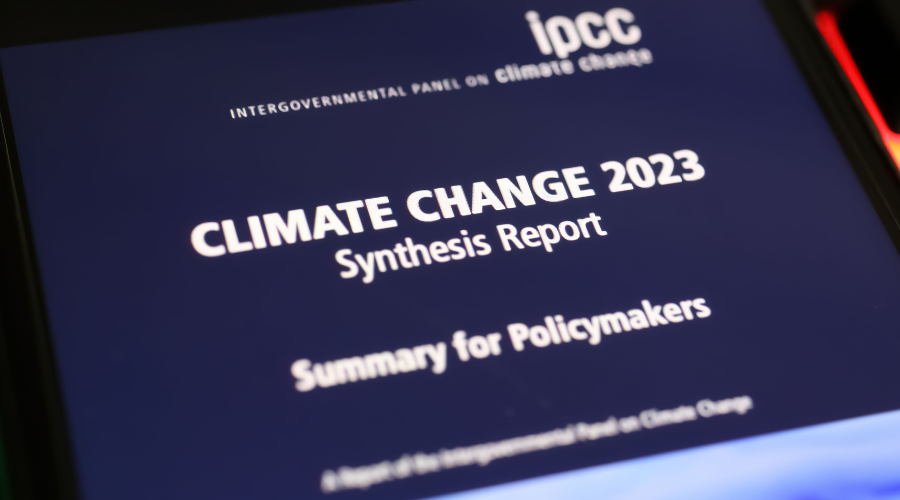
Bridging the Climate Science/Action Gap Via Agency
28 July 2025
Making the IPCC work understandable for all: Towards mainstream communication
28 July 2025By Hannah EMERSON
As is widely known, with increasingly worse and more rapidly oncoming climate change effects than ever anticipated, we as a global society must act quickly and drastically to make true and meaningful change to the way we live, consume, and see our relationship with nature. The Intergovernmental Panel on Climate Change (IPCC) is the leading information source for policymakers on climate change, its effects on society, potential solutions, and for climate scenarios. Even though the IPCC is serving its role as the leading source for information on climate science well, it can and must do more in the face of the climate crisis.
To this day, the IPCC has focused primarily on policymakers and actors within international governance which has been impactful. However, information-sharing with the electorate who decide the government decision makers is a crucial missing piece of this equation. Though the IPCC has social media and conducts press conferences which helps communication with the general public, much of this communication, including the reports and the Summaries for Policymakers (SPMs), is highly technical and would be difficult for the average individual to understand without a background in climate science and/or policy. This is the case with many science communications, and they are usually filtered through media and policymakers which can sometimes limit and change the public’s understanding of vital information (Scheufele, 2014). Because of this, the urgency of the climate crisis, individuals’ own role/potential to act, and the necessity of action can be lost in communication in a time where we need everyone, from the top to the bottom of the policymaking process, to take action.
To help address this issue and potential losses in translation of the crucial information included in the IPCC reports, I propose creating a shorter and less technical “Summary for the Public” with each working group report in addition to the “Summary for Policymakers”. In the “Summary for the Public”, I would recommend using clear, simplified graphs (though the graphs have improved in the latest report in understandability) and the most important findings in a simplified, everyday communication style. Additionally, I would recommend providing concrete examples of how the climate crisis will impact one’s everyday life to personalize this and hopefully incite individuals to take the crisis more seriously as well as provide clear recommendations of what individuals can do to help contribute to more climate resilient societies. This would allow for the IPCC writers to communicate directly with the public, even those with only a basis of scientific knowledge, ensuring that everyone is aware of the implications of the climate crisis and the actions that must be taken by them and their governments to address it. An IPCC report summary more focused on the general public would hopefully transfer into grassroot action as well as more climate-favorable elected leaders and help fight misinformation and the politization of climate science and action. Overall, I believe this would assist in motivating further climate action and bringing about the societal and cultural change necessary for a livable and better future.
References
Goralink, Lissy, Jenny Dauer, and Carly Lettero. “Communities Take Charge: Climate Learning and Change-Making in the Science Classroom.” The Science Teacher 87, no. 1 (2019): 29–34.
“IPCC.” Accessed April 6, 2022. https://www.facebook.com/IPCC.
Kirchhoff, Christine J., Maria Carmen Lemos, and Suraje Dessai. “Actionable Knowledge for Environmental Decision Making: Broadening the Usability of Climate Science.” Annual Review of Environment and Resources 38, no. 1 (2013): 393–414. https://doi.org/10.1146/annurev-environ-022112-112828.
Scheufele, Dietram A. “Science Communication as Political Communication.” Proceedings of the National Academy of Sciences of the United States of America 111 (2014): 13585–92.


